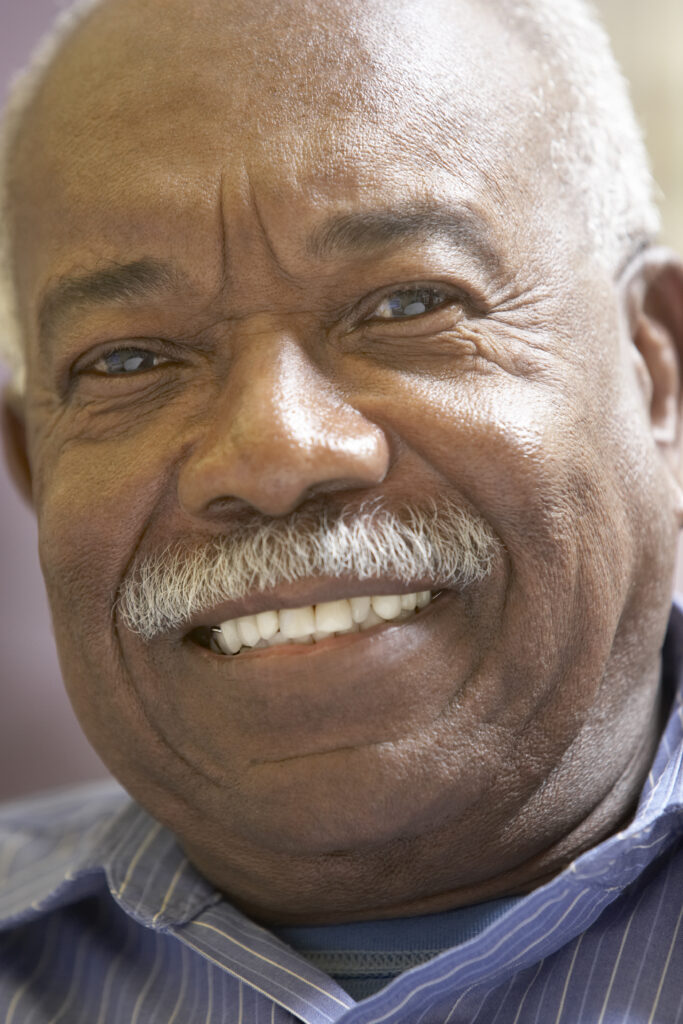Should you put your home in a trust? Caroline Daiker, associate attorney at Beck, Lenox & Stolzer Estate Planning and Elder Law, LLC, LLC, concurs with the writer of the article below that a typical estate at death does include a personal residence. It’s common for a large estate to also include a vacation home, or family retreat. It is often common in Missouri to leave a farm. Leaving real property in trust is common.
Estate plans that include a revocable trust will fund the trust by a pour-over will, says Kiplinger’s recent article entitled “Should You Own Your Home in Your Trust?” A pour-over will “pours” any asset outside of a trust into the trust at the time of the settlor’s death. The settlor is the person who is establishing the trust.
A settlor often will title their home to the revocable trust, which becomes irrevocable at death.
Another option is a Qualified Personal Residence Trust, which is irrevocable, to gift a valuable home to a trust for the settlor’s children. With a QPRT, the house is passed over a term of years while the original owner continues to live there, so the gift passes with little or no gift or estate tax.
Some trusts arising from a decedent estate will hold the home belonging to the settlor without any instructions for its disposal or retention. Outside of very large trusts, a requirement to actually purchase homes for beneficiaries in the trust is far less common.
It is more common in a large trust to have terms that let the trustee buy a home for a beneficiary outside the trust or keep the settlor’s home in the trust for a beneficiary’s use, including purchasing a replacement home when requested.
The trustee will hopefully propose a plan that will satisfy the beneficiary without undue risk to the trust estate or exceeding the trustee’s powers. The most relevant considerations for homeownership in a trust are:
- The competing needs of other trust beneficiaries
- The purchase price and costs of maintaining the home
- The size of the trust as compared to those costs
- Other sources of income and resources available to the beneficiary; and
- The interests of the remaindermen (beneficiaries who will take from the trust when the current beneficiaries’ interests terminate).
The terms of the trust may require the trustee to ignore some of these considerations.
Each situation requires a number of decisions that could expose the trustee to a charge that it has acted imprudently.
Should you put your home in a trust? Seek advice and work with an experienced estate planning attorney like the ones at Beck, Lenox & Stolzer to avoid any issues.
Reference: Kiplinger (Feb. 8, 2022) “Should You Own Your Home in Your Trust?”










